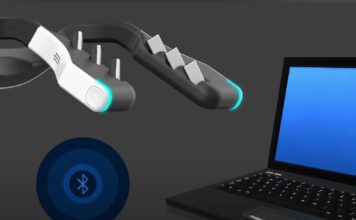Reducing the charging time of the batteries of our electric cars. Engineers have been working on it for some time now. Two teams are presenting advances that could help take electric mobility into another dimension. With batteries that charge the time of a full tank of gas.
Everyone knows it: the major drawback of the electric car for its user is the battery charging time. To overcome this difficulty, scientists and engineers are working hard. Today, two teams are presenting advances that could well revolutionize the electric mobility sector.
The first breakthrough could come from a team working to develop an innovative temperature-monitoring technique for future NASA missions. The Flow Boiling and Condensation Experiment (FBCE) module began testing aboard the International Space Station (ISS) a few months ago.
It relies on the flow of a subcooled liquid (below its boiling point) and its phase changes to improve the efficiency of heat transfer.
What is the connection with the batteries of our electric cars? The fact that during charging, the passage of current causes the temperature to rise. Especially since the current is intense and the charge is fast, imposing particularly heavy and difficult to maneuver cables on fast-charging systems, to integrate coolant and large conductors supporting the temperature increase.
NASA engineers thus explain that, in order to hope to charge a car battery in just five minutes – the time of a full tank of gas – it would require systems providing a current of 1,400 amps.
But these would generate much more heat than the most efficient current systems that do not exceed 520 amps. Hence the usefulness of temperature control technology. The researchers tested the one intended for NASA missions and developed a charging cable capable of providing 2,400 amps!
Temperature control at the heart of the charging problem
It is also the question of temperature regulation that another team of researchers has been interested in. With the ambition, this time, of tackling the issue… from the inside. Because conventional heating and cooling systems designed to maintain a constant temperature for optimal battery operation are external and cumbersome. They react slowly and waste a lot of energy.
Researchers at Penn State University (USA) therefore worked on a new battery structure. A structure which, in addition to the anode, cathode and electrolyte, incorporates an ultra-thin nickel foil. It is she who self-regulates the temperature and the responsiveness of the battery.
Not only can this new battery be charged to 70% in 11 minutes but, according to the researchers, the process would also make it possible to reduce the size of the batteries of our electric cars from 150 to 50 kWh without having to fear a loss of autonomy.
Enough to limit the use of critical raw materials and lower costs. This is quite enough to motivate the industrial partner of this work to work on the manufacture and rapid marketing of this new battery.





